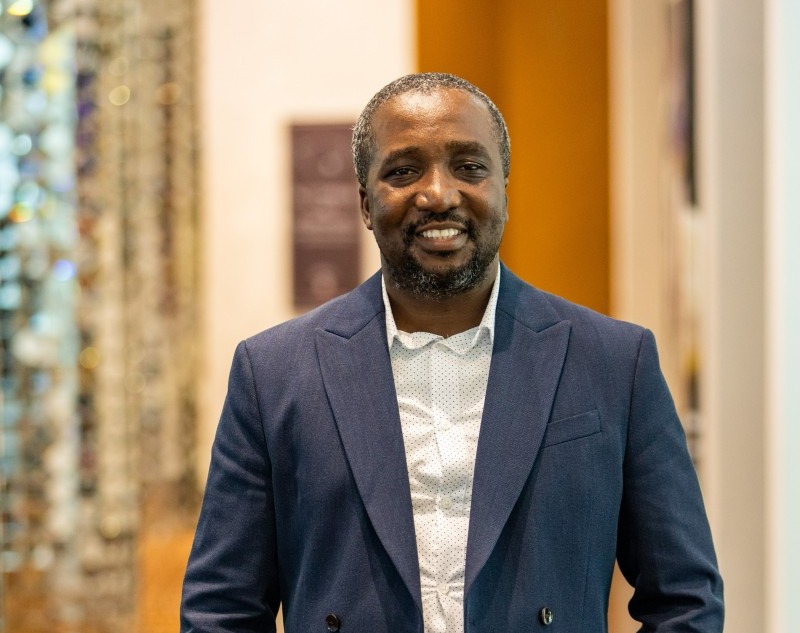Accra, Ghana: The founder and CEO of Heritors Labs Limited, Mr. Derrydean Dadzie, has stated that based on how the world is evolving, Africa must prioritize investing in research and innovation commercialization.
Otherwise, the continent risks continuously lagging in economic development, leading to a future where its people will continue to remain poor and depend on foreign aid.
In an exclusive interview with the Ghanaian American Journal, Mr. Dadzie cautioned that without the intentional commitment from governments across the continent to strengthen and set their research landscapes in a labs-to-markets (L2M) direction and multi-sectoral economic development, the prosperity of its people will remain an unconquerable hurdle.
“Our society will not have the requisite funding or income at the level that we need to develop all the different sectors of the economy. We would not be able to compete with peer nations or catch up with nations ahead of us. Our dance with poverty will continue on a high crescendo,” he said.
He further urged African governments to deliberately invest money in research, especially in national agencies that are responsible for research.
“We are generating money from areas such as oil, cocoa, gold, and from other sectors. I know there is a strain on it (generated funds) because other sectors also depend on such monies. We need to channel some of this money into the research economy.”
In 2022, Ghana’s Gross Domestic Expenditure on Research & Development (GERD) accounted for just 0.38 percent of its GDP according to Statista.com
Bringing it home to Ghana, he also suggested that the government can improve research and innovation by creating incentives for industry to work with, invest in, and collaborate with academia to co-create research and commercialize research outcomes for the betterment of society.
“The government can also look at the education curriculum to orient people at a younger age to develop a research and innovation mindset”, he added.
The Global Innovation Index (GII) 2023 indicates that Switzerland, Sweden, the United States, the United Kingdom, and Singapore lead in research.
“In the Western world, they are deliberate about research and innovation (R&I). They devote a lot of funding to it and develop policies that incentivize the private sector to participate in the research and innovation space. That is something that we can emulate” he urged.
Nations worldwide have developed and created better societies and livelihoods for their people through research and innovation.
The impact can be seen in everyday technologies that enable communication with people (the invention of smartphones), the foods that we eat (Genetically Modified Organisms (GMOs)), the cars we drive (GPS Navigation Systems, and Electric Vehicles (EVs)), the equipment we use in factories, and how businesses operate in general.
Others include the invention of Vaccines, Renewable Energy Technologies, and Artificial Intelligence (AI) among others.
“When research outcomes become tangible products that people can use, it activates other innovation economies from packaging to sales, to marketing to finance. What that means is that they have created job opportunities” he added.
